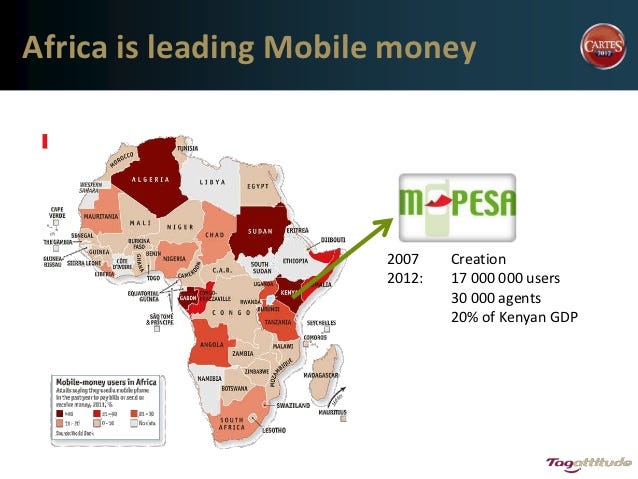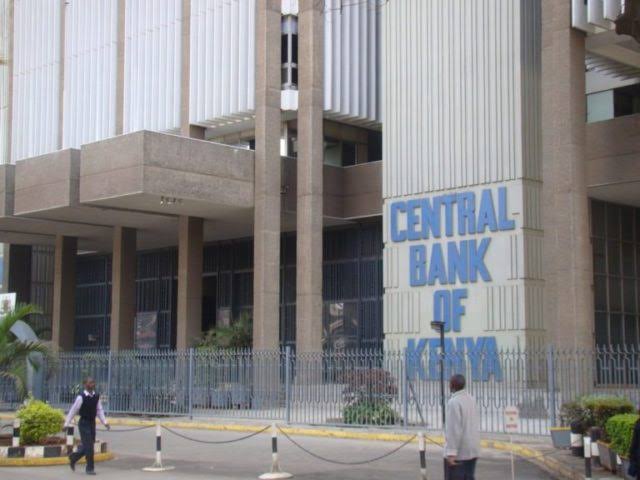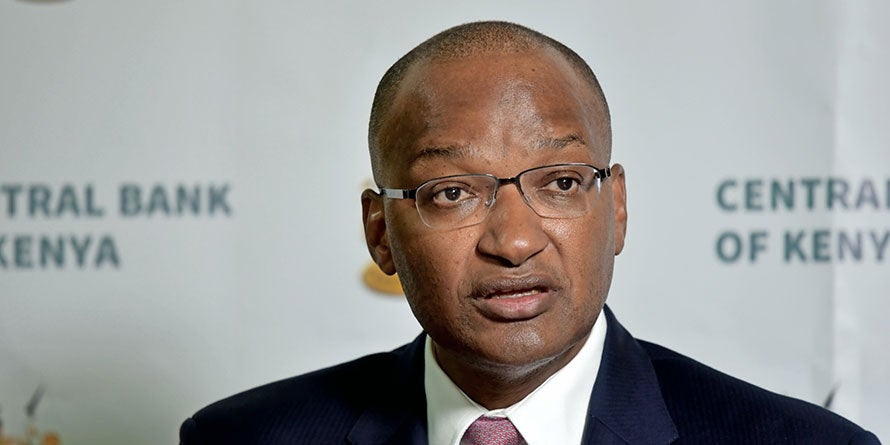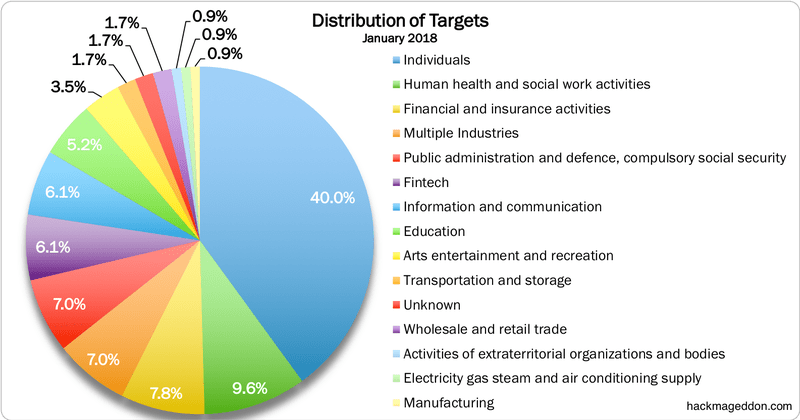All Mobile Money Transactions Under $9 Remain Free— Central Bank of Kenya
The Central Bank of Kenya (CBK) has extended the waiver on mobile money transactions fees under Sh1,000 ($9.4) for another six months after the initial 90-day period lapsed, a move that could see Safaricom, the largest telecommunications provider in Kenya, lose up to Sh15.3 billion, according to the company.
“CBK has determined that the wallet and transactions limit…will remain in place from July 1 until December 31, 2020,” the regulator said in a statement.
“More than 1.6 million additional customers are now using mobile money channels. However, business-related transactions have declined marginally,” added the CBK. Earlier data from the regulator showed that the daily average mobile phone money transactions of less than Sh1,000 grew by 83 percent to Sh1.98 billion daily between April 20 and May 10 when compared to the days before March 16 — just four days after Kenya announced its first positive Covid-19 case.
Here Is What You Need To Know
- The banking sector regulator said that the free service aimed at cutting down on the handling of cash and the attendant risk of Covid-19 being transmitted from person to person will run to the end of December. The order will also affect commercial banks, which had on March 16 removed charges for customers moving money between their mobile wallets and bank accounts.

- Safaricom had earlier said that the free M-Pesa service had seen it lose an average of Sh1.8 billion monthly since mid-March, a pointer that it could miss sales of up to Sh16.2 billion in the nine months to December.
- The Sh16.2 billion is equivalent to about a fifth or 19.1 percent of M-Pesa’s annual sales, underlining the impact of the pandemic on Safaricom’s earnings.
- CBK said that the free service has increased low value mobile phone transactions, which account for 80 percent of all mobile money transfers.
Charles Rapulu Udoh

Charles Rapulu Udoh is a Lagos-based lawyer who has advised startups across Africa on issues such as startup funding (Venture Capital, Debt financing, private equity, angel investing etc), taxation, strategies, etc. He also has special focus on the protection of business or brands’ intellectual property rights ( such as trademark, patent or design) across Africa and other foreign jurisdictions.
He is well versed on issues of ESG (sustainability), media and entertainment law, corporate finance and governance.
He is also an award-winning writer.








